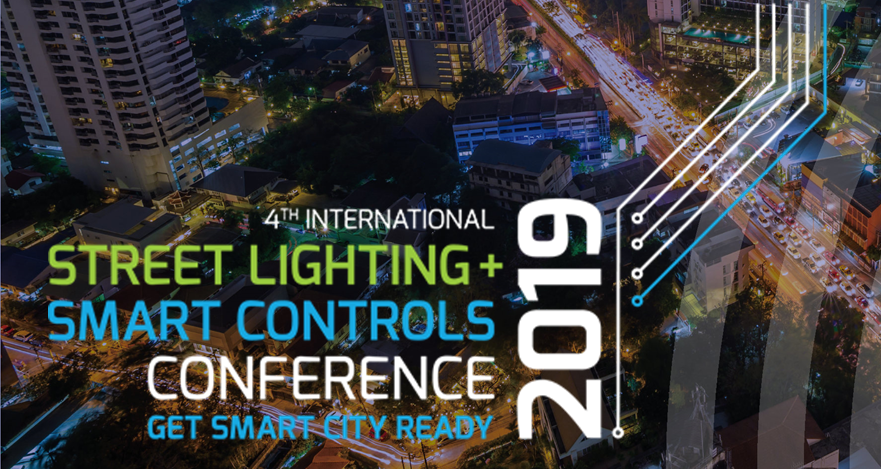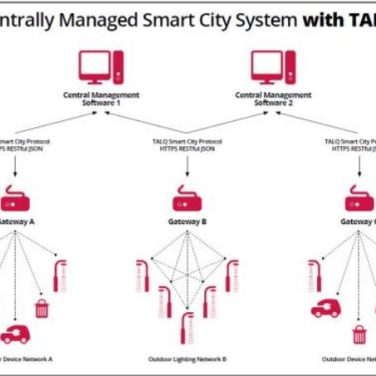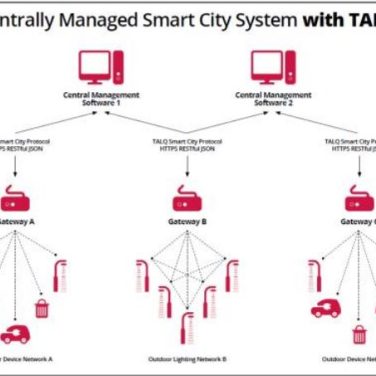Lucy Zodion recently attended the SLSC Conference 2019, held in Sydney. The Conference takes place every two years, this year marked its fourth event, with attendees and exhibitors coming from across the globe to learn, network and share knowledge on all things concerning smart cities and intelligent street lighting.
The event is organised by the Institute of Public Works Engineering Australia (IPWEA), an association for professionals who deliver public works and engineering services to communities in Australia and New Zealand. Lucy Zodion Sales Managers, Robert Ashworth and Richard Perry, were in attendance at the event; which provided us with the following takeaways.
LED upgrades are well underway
Australia and New Zealand are embarking on an exciting journey, where street lighting and infrastructure are concerned. A major upgrade to LED on all street lighting is underway, transforming existing illumination infrastructure (of almost three million streetlights) into digital urban assets.
The SLSC Conference, then, provides a great opportunity for local authorities and smart street lighting/city specialists to discuss their plans and projects in an open forum. For many the roll out means reducing costs and improving efficiencies city-wide, for others the digitisation of urban assets means that city leaders can achieve so much more.
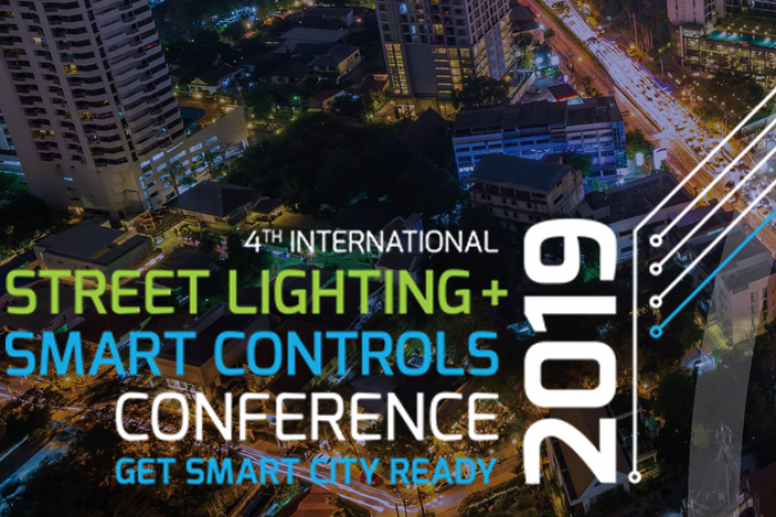
Not only can LEDs drive down costs, their digital and readily connected nature means that there’s even more opportunity to integrate smarter and more intelligent IoT solutions that don’t necessarily have a direct relation to the streetlight, but help offer further insight into other aspects of urban life.
From attending the event it is evident that alongside LED, Local Authorities that have a digital transformation strategy are actively seeking collaborators to help them make their lighting infrastructure wirelessly connected. This holistic approach avoids the instance of a ‘double visit’, ultimately saving costs in the long run.
Connected streetlights can help to unlock the potential of future cities with the integration of sensors that monitor a number of variables, from air quality to noise, all of which can be analysed from one central point or ‘Platform’.
Smart Cities are being developed today
With cities such as Darwin and Camberra the latest adopters of smarter and more intelligent street lighting solutions in Australia and various others in New Zealand, such as Kaikoura, it’s evident that while energy efficiency and environmental preservation is important – each use-case is different. A consistent theme is that the streetlight is the tool that transforms cities into connected communities, whatever that might mean for each urban space.
Acting as beacons for smart city development, streetlights now incorporate a number of IoT solutions with enabling hardware that helps give the lamppost itself a multipurpose, communicating within an ecosystem and relaying insights into one central hub. Smart city models have realised that the streetlight is a vital digital urban asset and as technology has advanced, further uses have been recognised.
This was evident at the Conference, through the various vendors, innovators and network operators in attendance. Now, it seems, has never been a better time to get ‘smart’.
The importance of openness
Of course, smart street lighting isn’t a new concept. Here at Lucy Zodion we’ve been deploying central management systems (CMS) throughout the UK and Internationally for over a decade. But, as technology has advanced, we’ve also evolved, as have standards, streetlight designs and the spaces they are installed. This means a different approach to ‘connectivity’ needs to be adopted.
As more cities strive to become smart, there becomes a growing need for citywide connectivity that enables connected devices to communicate. Openness is a viable enabler for the integration of multiple devices throughout the smart city, which can be simply monitored and controlled from one place. It’s all about striking the perfect balance between flexibility and control.
Openness is driving a change. Designing solutions with an open approach means that City Leaders have more control over the hardware, network and ecosystem that they use in their smart city; not just now, but in the future too.
TALQ smart
At the event Robert Ashworth, our Export Sales Manager, presented on behalf of TALQ to help attendees better understand how Open Protocols help not only developers innovate, but Cities to better integrate a number of smart city assets.
The TALQ smart city protocol recently released version 2.0, which gives vendors more flexibility to design solutions with bespoke features that enhance the development of smart cities, while giving users the ability to deploy multiple solutions that work alongside and integrate with one another.
Features such as the power outage notification for Ki. (or ‘last gasp’) provides a good example of this.
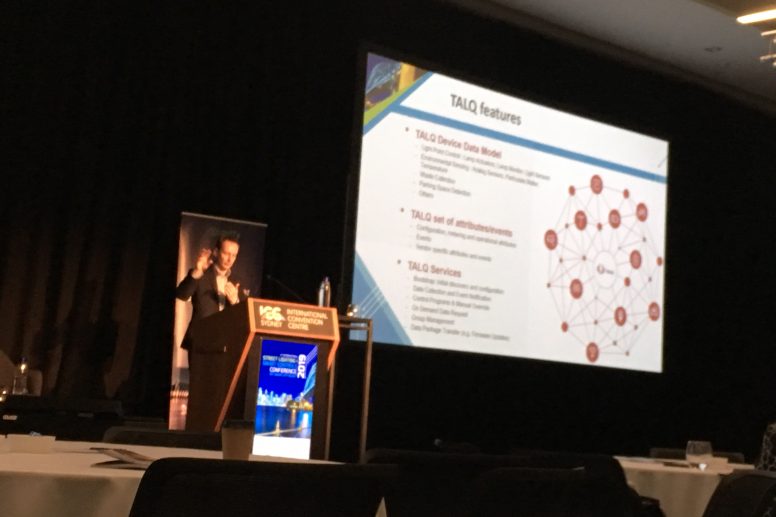
LoRa – optimised by openness
LoRa is relatively new to the Australasian market, where street lighting is concerned. Having a use in agriculture already, there’s a great opportunity for this to change. The technology will help to optimise street lighting with openness, making the transformation into intelligent lighting quicker and more sustainable in the future.
This is of particular impetus for Australia, with initiatives such as The Southern Lights Project joining 41 councils and specifying a complete upgrade to intelligent street lighting. Ensuring LoRa technology is a part of this roll out will ensure that each council will have better control over their smart city development in the future, while giving them flexibility to work with solutions providers that match their unique needs.
Ki. has been developed with openness in mind, offering an interoperable platform for street lighting management (in the first instance) with scope to integrate with other IoT solutions that help cities become smarter and more responsive, based on their unique urban requirements. This is aided by LoRa and TALQ, to ensure city leaders have a futureproof solution that will evolve as their smart city progresses.
For more information about the solutions we have to offer in the Australisia market, please contact us.
